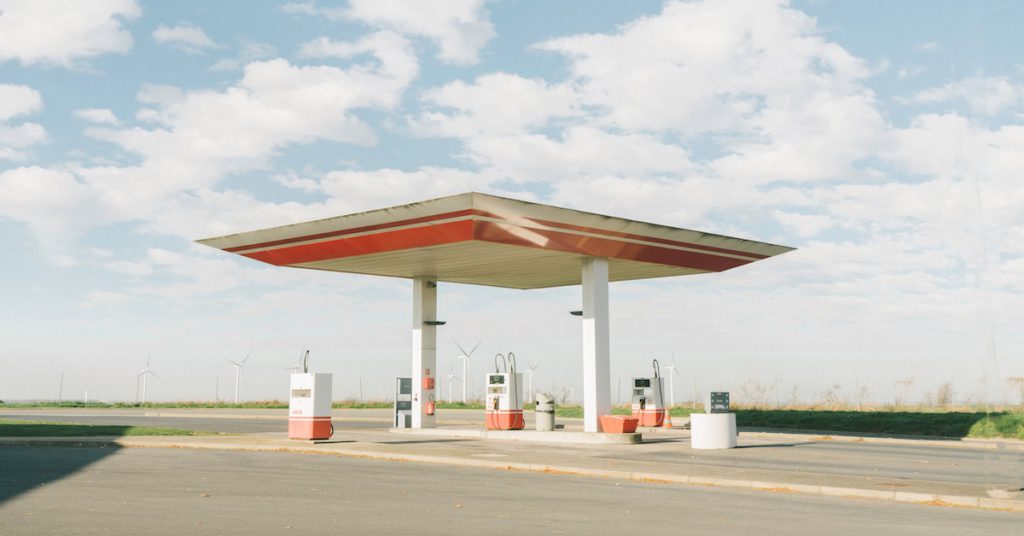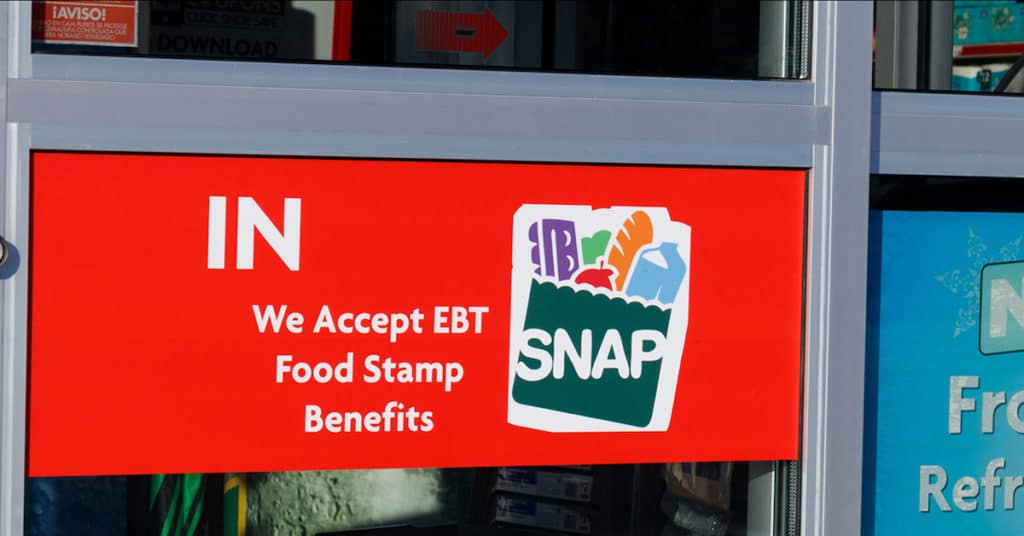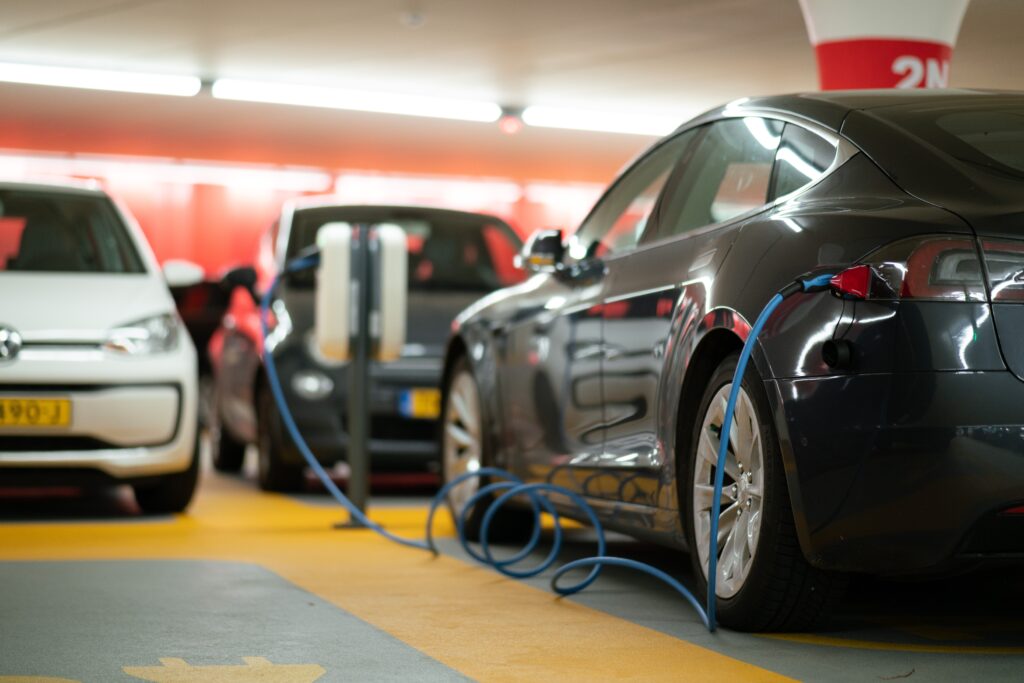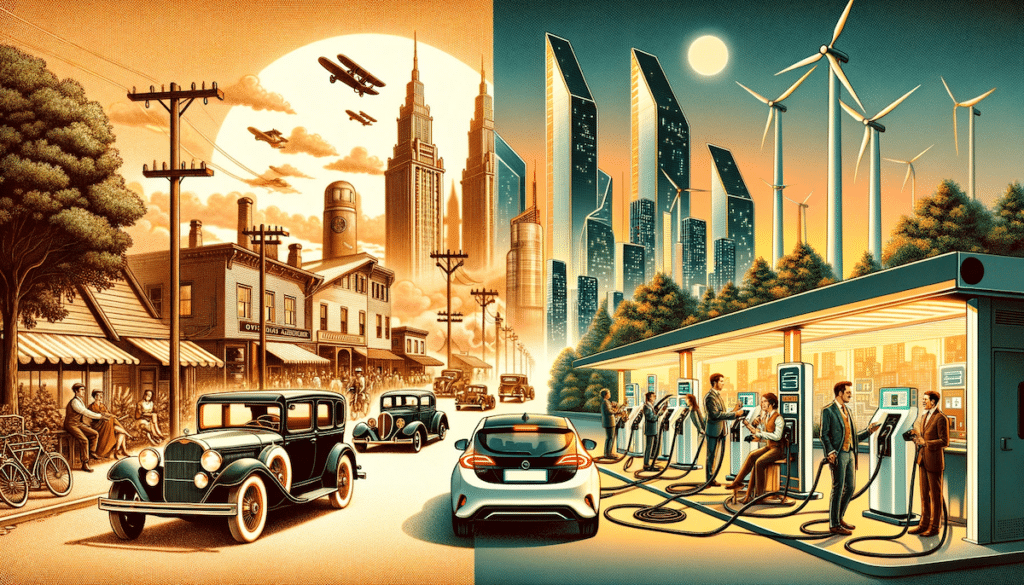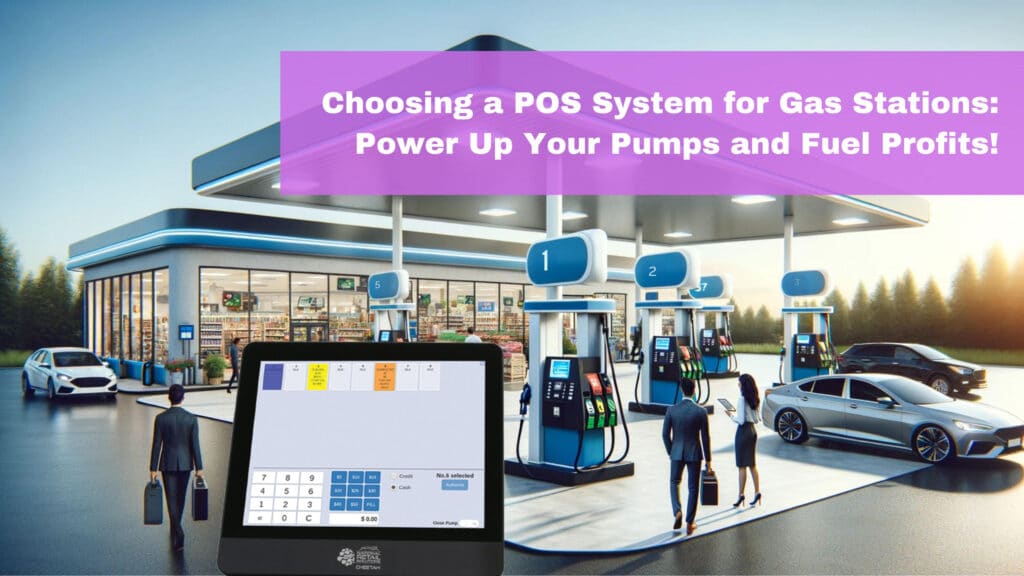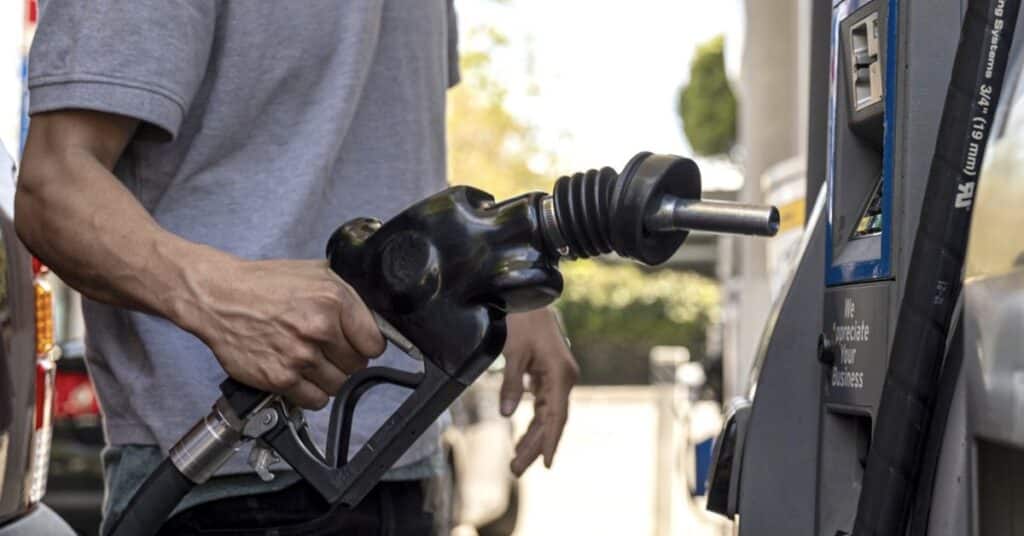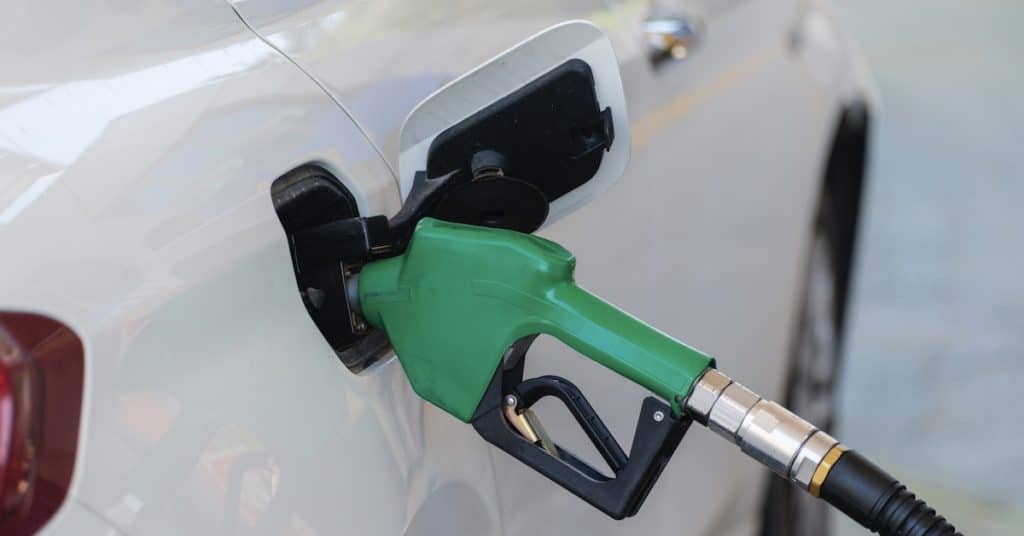The April 2021 deadline for EMV compliance at gas stations has long gone! Did you already upgrade your dispensers to accept EMV contactless transactions? Perhaps you never intended to upgrade to EMV in the first place, due to the lack of options, cost effectiveness, and business downtime. Either way, just because the deadline has passed, doesn’t mean you shouldn’t take action to upgrade, because now all gas station owners are liable for chargebacks and fraud at the pumps if not EMV compliant.
The EMV compliance requirement at gas stations is meant to encourage merchants to use the latest state-of-the-art technology in order to prevent chargebacks and fraud liability, as well as keep their business up to date with current payment methods and security measures.
On the other hand, there is also a hefty price tag for those business owners that choose not to become compliant. Gas station owners that don’t have EMV card readers are now 100% liable for all chargebacks or fraud at the pump. The up-front cost of EMV compliance may very well save significant funds later. With the huge amount of credit card transactions processed daily, there’s a probability that a station might fall victim to fraud.
Ultimately, lack of EMV compliance could also result in less overall business too. As customers are growing accustomed to EMV, they will not want to risk swiping their card at a station that isn’t compliant. However, the customer can rest easy at an EMV compliant service station knowing that a simple trip to the gas station won’t result in waking up in the morning to find their bank account drained or a bevy of unauthorized purchases on their cards.
Due to Covid-19, more and more customers prefer to pay with credit cards over cash. With an increase in credit card usage, EMV compliance is even more critical.
Another option may be a retrofit kit, a device that gets installed onto the existing on-site gas dispensers. Retrofitting existing pumps can cost upwards of $3K to $7K per pump. Add in the cost of new POS systems to integrate, and the cost can balloon to between $40K and $60K. Also, don’t forget the monthly software and support fees, that can run approximately $1K per month.
NRS Petro is the most cost-effective compliance solution in the industry for independently owned gas stations. There’s no construction work involved, and installation takes hours rather than days or weeks, greatly minimizing or eliminating altogether the loss of business continuity. Additionally, to upgrade with NRS Petro can incur a fraction of the cost of upgrading the entire station traditionally. Depending on the size of the station, NRS Petro quotes can range anywhere from $10K-25K total.
NRS Petro provides an integrated solution for your gas station with the NRS EMV EZ Pump devices for the dispensers, the NRS Petro POS system for the C-store, combined with NRS Pay credit card processing.
Learn more at nrspetro.com or call (888) 260-0112 for a free quote for upgrading your gas station for EMV compliance.
What does EMV mean?
EMV, short for Europay, MasterCard, and Visa, refers to a credit card embedded with a fraud-reduction smart chip technology that was announced in 2011 and hit retail in 2015. The EMV smart chip interacts with the merchant’s device to make sure that the payment card is valid and, with the use of a PIN, belongs to the person using the card. Best of all, EMV compliant card readers allow for contactless payment, which involves “Tapping” a credit card over a card reader. Becoming EMV compliant helps protect consumers, merchants and card issuers against potential losses from the use of counterfeit and lost or stolen payment cards at the gas dispensers and also the point-of-sale system.The EMV compliance requirement at gas stations is meant to encourage merchants to use the latest state-of-the-art technology in order to prevent chargebacks and fraud liability, as well as keep their business up to date with current payment methods and security measures.
On the other hand, there is also a hefty price tag for those business owners that choose not to become compliant. Gas station owners that don’t have EMV card readers are now 100% liable for all chargebacks or fraud at the pump. The up-front cost of EMV compliance may very well save significant funds later. With the huge amount of credit card transactions processed daily, there’s a probability that a station might fall victim to fraud.
Ultimately, lack of EMV compliance could also result in less overall business too. As customers are growing accustomed to EMV, they will not want to risk swiping their card at a station that isn’t compliant. However, the customer can rest easy at an EMV compliant service station knowing that a simple trip to the gas station won’t result in waking up in the morning to find their bank account drained or a bevy of unauthorized purchases on their cards.
Due to Covid-19, more and more customers prefer to pay with credit cards over cash. With an increase in credit card usage, EMV compliance is even more critical.
What is the main reason gas station owners avoid EMV?
The benefits of EMV are highly valuable, so why have some service station owners decided to avoid compliance? Lack of options is a big issue. But cost is the major issue, especially for an independent station owner that doesn’t have a corporate infrastructure to pay for an upgrade or new pumps, which can cost roughly $15-20K per pump. In addition, the upgrade process itself could include invasive construction downtime and an approximate investment of $125-175K.Another option may be a retrofit kit, a device that gets installed onto the existing on-site gas dispensers. Retrofitting existing pumps can cost upwards of $3K to $7K per pump. Add in the cost of new POS systems to integrate, and the cost can balloon to between $40K and $60K. Also, don’t forget the monthly software and support fees, that can run approximately $1K per month.
Is there any way out?
Luckily, there is a quick, clean and affordable option to achieve EMV compliance and its many benefits: NRS Petro (a division of National Retail Solutions). As the leading provider of POS services to small-to-mid-sized service stations, mini-marts, groceries, alcohol and tobacco establishments nationwide, NRS is a trusted company with a commitment to serving clients with affordable, innovative POS solutions that are unsurpassed in the industry.NRS Petro is the most cost-effective compliance solution in the industry for independently owned gas stations. There’s no construction work involved, and installation takes hours rather than days or weeks, greatly minimizing or eliminating altogether the loss of business continuity. Additionally, to upgrade with NRS Petro can incur a fraction of the cost of upgrading the entire station traditionally. Depending on the size of the station, NRS Petro quotes can range anywhere from $10K-25K total.
NRS Petro provides an integrated solution for your gas station with the NRS EMV EZ Pump devices for the dispensers, the NRS Petro POS system for the C-store, combined with NRS Pay credit card processing.
Conclusion:
Although the April deadline has passed, it’s never too late to make the wise business decision to upgrade for EMV compliance to protect your business for the long term. Avoid fraud, chargebacks, loss of customers and sales due to lack of prioritizing the safety and security of you and your customers.Learn more at nrspetro.com or call (888) 260-0112 for a free quote for upgrading your gas station for EMV compliance.
